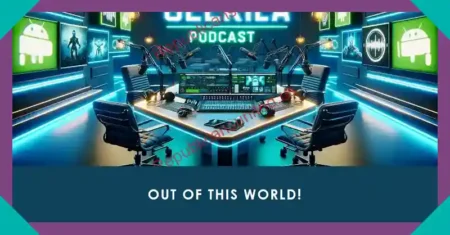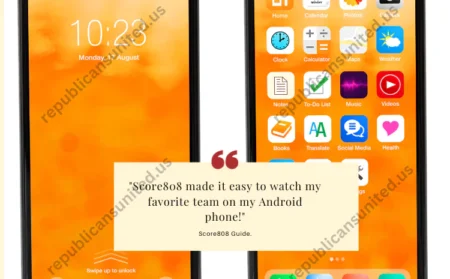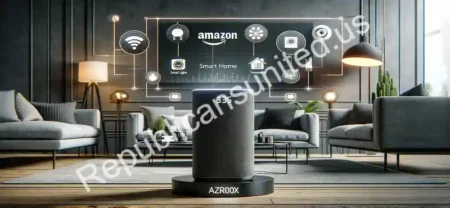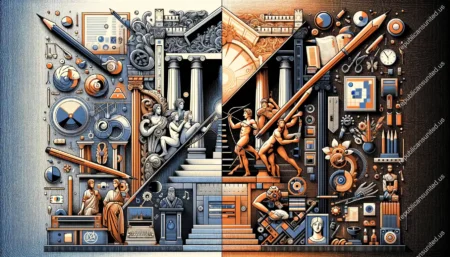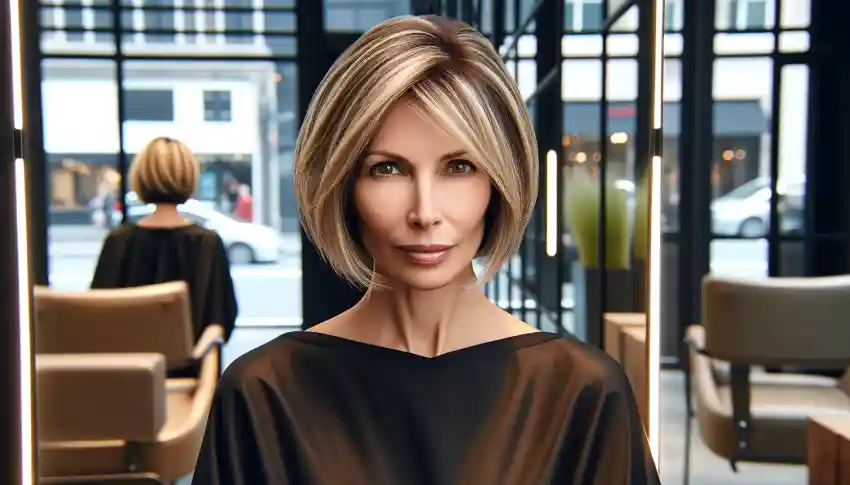
Welcome to the intriguing world of internet culture, where trends spread like wildfire and memes take on a life of their own. Today, we delve into the phenomenon of the “Karen” haircut meme – a viral sensation that has sparked laughter, controversy, and perhaps even a touch of self-reflection. Join us as we unravel the origins, stereotypes, and impact of this online sensation that has taken social media by storm. Let’s dive in and explore the fascinating realm of the “Karen” haircut meme!
The Origins of the
The “Karen” haircut meme traces its roots back to the early 2010s when internet users started joking about a specific hairstyle associated with a stereotypical suburban mom persona. This hairstyle, characterized by a short, asymmetrical cut with chunky highlights, became synonymous with the name “Karen.”
As memes tend to do, this trend quickly gained momentum and spread across various online platforms like wildfire. The term “Karen” itself evolved from being just a name to symbolizing entitled behavior often attributed to middle-aged white women.
What began as a light-hearted joke soon morphed into something more complex – highlighting societal issues around privilege, entitlement, and gender stereotypes. The meme took on a life of its own, sparking discussions about cultural perceptions and individual identities in the digital age.
What Exactly is the
Have you ever scrolled through social media and come across a trending haircut called the “Karen” style? This meme has taken the internet by storm, but what exactly is it all about?
The “Karen” haircut meme typically features a short, asymmetrical bob with chunky highlights or lowlights. It’s often paired with sunglasses and speaks to a specific stereotype of entitled middle-aged women who demand to speak to the manager.
This hairstyle became synonymous with the term “Karen,” which is used to describe someone perceived as rude, obnoxious, or privileged. However, it’s important to remember that not every woman named Karen fits this stereotype.
While some find humor in the Karen haircut meme, others argue that it perpetuates harmful stereotypes. Regardless of where you stand on this debate, one thing is clear – the power of internet memes can have real-world implications for individuals who share a name with a viral trend like this.
Stereotypes and Criticisms Surrounding the
The “Karen” haircut meme has sparked discussions about stereotypes and criticisms surrounding the portrayal of women with a certain hairstyle. Some argue that the meme perpetuates negative stereotypes of entitled, demanding individuals who speak to managers for trivial reasons. Others criticize it as a form of ageism or sexism, targeting women over a certain age.
While humor is often subjective, it’s important to consider how memes like these can reinforce harmful generalizations about specific groups of people. The Karen stereotype not only affects those named Karen but also impacts how women in society are perceived and treated based on superficial characteristics.
It’s crucial to recognize that behind every meme is a real person who may be unfairly judged or ridiculed because of an online trend. As we engage with internet humor, let’s remember to respect individuals and avoid contributing to damaging stereotypes or prejudices.
Is the Meme Harmful or Just Humorous?
As the “Karen” haircut meme continues to circulate online, many debate its impact. Some view it as harmless humor, poking fun at a stereotypical persona. Others argue that it perpetuates negative stereotypes and can be hurtful to real women named Karen.
It’s essential to consider the line between lighthearted jokes and potentially harmful content when discussing memes like this one. While humor is subjective, sensitivity towards how individuals may feel targeted or marginalized should not be overlooked.
The interpretation of whether the meme is harmful or merely humorous can vary among different audiences. It’s important to approach these discussions with empathy and an understanding of diverse perspectives on internet culture and its implications in real life interactions.
Impact on Real-Life Women Named Karen
Real-life women named Karen have found themselves inadvertently thrust into the spotlight due to the “Karen” haircut meme. The meme, initially meant to poke fun at a specific stereotype, has now become associated with any middle-aged white woman exhibiting entitled behavior.
For many Karens out there who are nothing like the caricature portrayed in memes, this association can feel unfair and frustrating. It’s important to remember that behind every meme is a real person with feelings and experiences that go beyond a simple internet trend.
Women named Karen may face judgment or assumptions based solely on their name, leading to unwarranted scrutiny in various aspects of their lives. While some may find humor in the meme, it’s crucial to consider its potential impact on those directly affected by it.
As we navigate through online trends and memes, let’s strive for empathy and understanding towards individuals who unintentionally get caught up in these viral sensations.
The Evolution of Internet Memes
Internet memes have come a long way since the early days of dial-up connections and pixelated graphics. What started as simple jokes shared among online communities has now evolved into a global phenomenon that shapes pop culture and trends. The speed at which memes spread across social media platforms is truly remarkable, with new formats emerging almost daily.
From viral videos to relatable images paired with witty captions, internet memes have a unique ability to capture our attention and spark conversations. They can be lighthearted and humorous or serve as powerful tools for social commentary and activism. Memes have become a language of their own, transcending barriers of age, culture, and geography.
As technology continues to advance, so too will the evolution of internet memes. With each passing trend, we witness how quickly humor adapts to the ever-changing landscape of the digital world. Whether they make us laugh, think, or cringe – one thing is certain: memes are here to stay.
Conclusion: Reflecting on the Power and Consequences of Online Trends
Reflecting on the Power and Consequences of Online Trends
The “Karen” haircut meme has certainly left a mark on internet culture, showcasing how quickly trends can spread and shape public perception. While memes like these may seem harmless on the surface, it’s essential to recognize their potential impact on real individuals.
As we navigate the digital landscape filled with viral content and online jokes, let’s remember that behind every meme is a person with feelings. It’s crucial to think critically about what we share online and consider how our actions may affect others, even unintentionally.
In a world where information travels at lightning speed, let’s strive for empathy and understanding in our online interactions. By being mindful of the power and consequences of participating in viral trends, we can contribute to creating a more respectful and compassionate digital environment for everyone.

